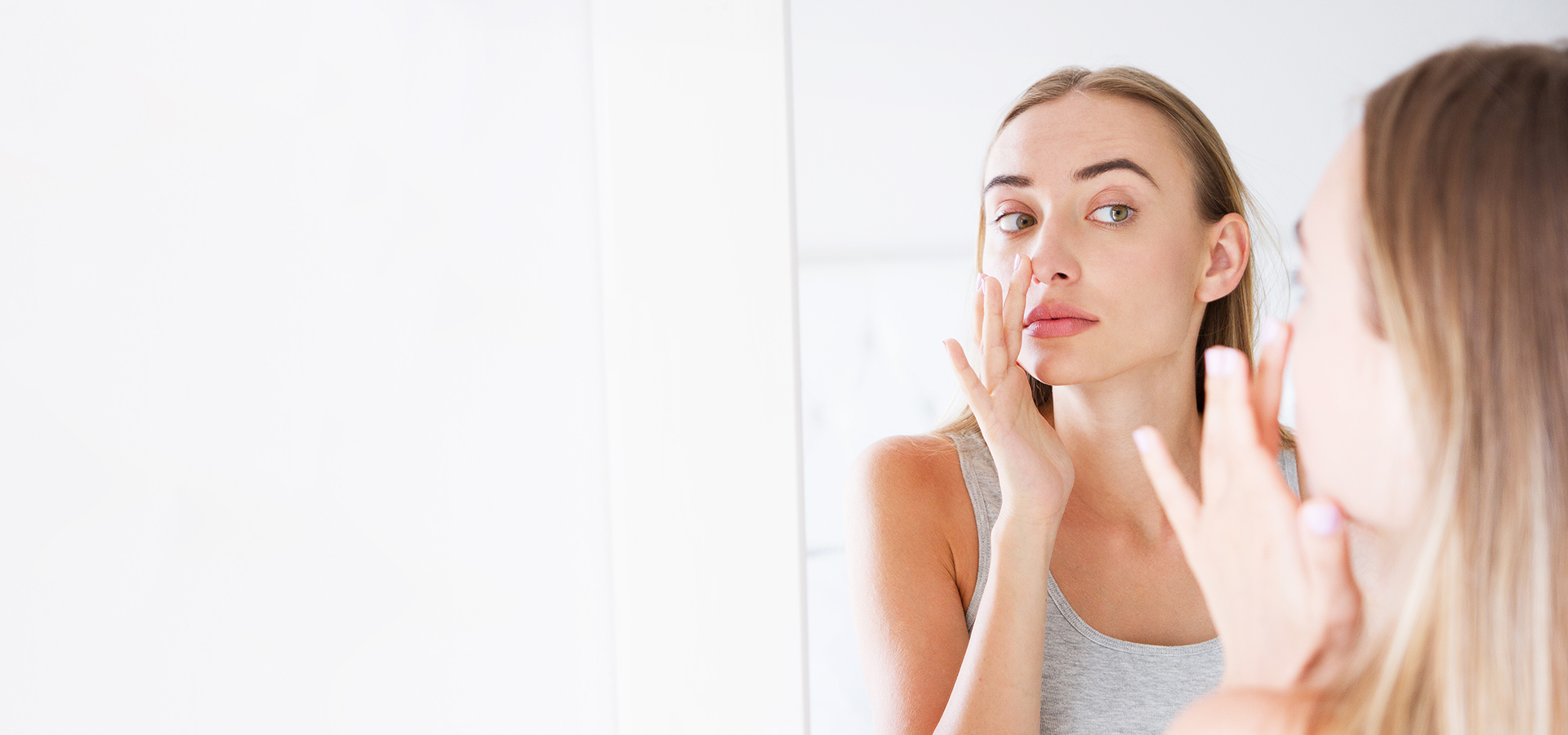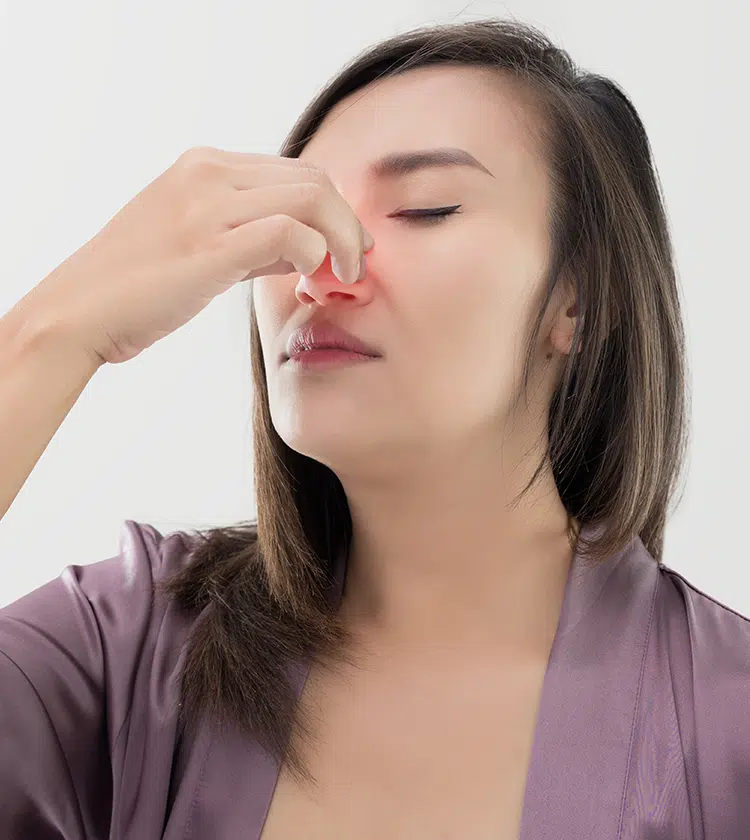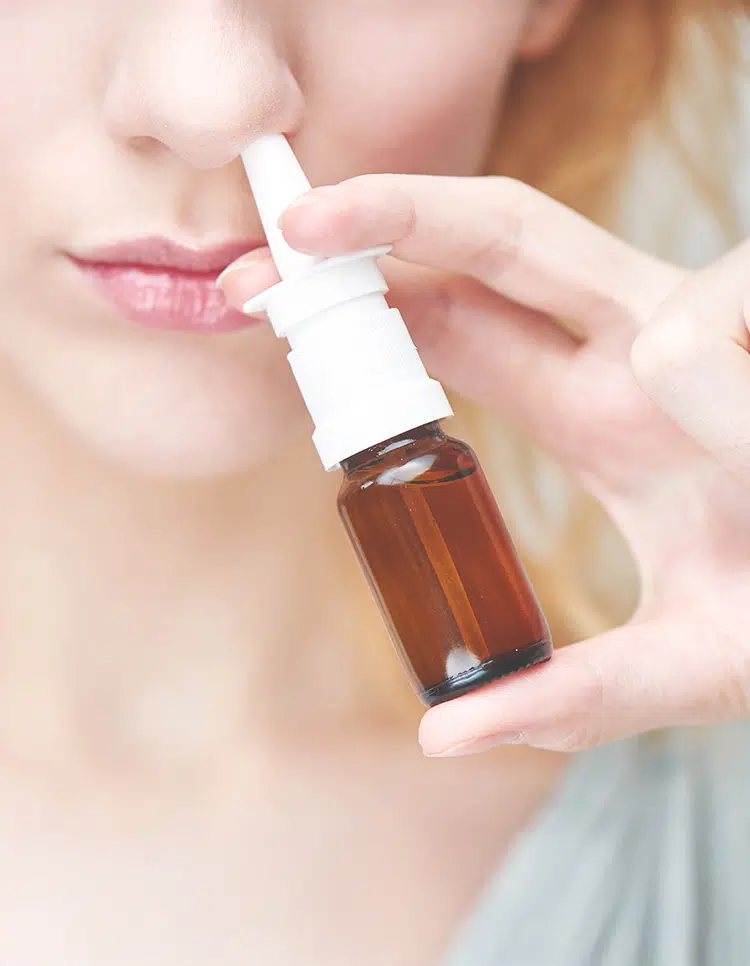
Nosebleeds: Causes, Treatment, and Prevention
Understanding Nosebleeds
Nosebleeds, medically known as epistaxis, are a common condition that occurs when blood vessels in the nasal lining break and bleed. While they can be alarming, most nosebleeds are not serious and can be treated at home. However, recurrent or severe nosebleeds may indicate an underlying medical condition that requires professional evaluation.
The experienced ENT specialists at Becker ENT and Allergy offer expert diagnosis and treatment for nosebleeds. Our team provides personalized care to help patients manage and prevent nosebleeds effectively. With multiple locations throughout the Philadelphia area, we make it easy for patients to access high-quality ear, nose, and throat care.
Types of Nosebleeds
There are two primary types of nosebleeds, categorized by their origin within the nasal cavity:
Anterior Nosebleeds
These are the most common type and occur when blood vessels in the front of the nose break. They often result from dry air, nose picking, or minor injuries.
Posterior Nosebleeds
Less common but more serious, these occur when blood vessels in the back of the nose rupture. They are often associated with high blood pressure, trauma, or underlying medical conditions and may require medical intervention.

Causes of Nosebleeds
Nosebleeds can result from various factors, including environmental conditions, medical conditions, and physical trauma. Common causes include:

Symptoms of Nosebleeds
While the primary symptom of a nosebleed is bleeding from the nostrils, other accompanying symptoms may include:



Risk Factors for Developing Nosebleeds
Certain individuals may be more prone to developing nosebleeds due to lifestyle, health conditions, or environmental factors. Risk factors include:
Consultation and Diagnosis for Nosebleeds
When nosebleeds become frequent or severe, a consultation with an ENT specialist is recommended. During the evaluation, the doctor will:
Treatment Options for Nosebleeds
The treatment for nosebleeds depends on their frequency, severity, and underlying cause. Common treatment options include:
Applying gentle pressure to the nose, tilting the head forward, and using a humidifier can help control mild nosebleeds.
At-Home Care
Moisturizing nasal sprays, saline rinses, and prescription ointments may prevent dryness and irritation.
Medications
If blood vessels are weak and prone to bleeding, an ENT specialist may use silver nitrate or an electrocautery device to seal them.
Cauterization
For severe nosebleeds, packing material may be inserted to stop bleeding and support clotting.
Nasal Packing
In some cases, procedures such as arterial ligation or embolization may be needed to address persistent bleeding that does not respond to other treatments.
Surgical Procedures
Nosebleed Prevention
Use a humidifier to keep indoor air moist, especially in winter.
Apply saline sprays or nasal gels to maintain nasal hydration.
Avoid picking your nose or blowing it forcefully.
Use protective gear during sports activities to prevent nasal trauma.
Limit the use of decongestant sprays to prevent nasal tissue damage.
Manage underlying conditions such as allergies or high blood pressure with medical guidance.
Why Choose an ENT Specialist?
ENT specialists have advanced training in diagnosing and treating nasal conditions, including chronic nosebleeds. The team at Becker ENT and Allergy offers:
Philadelphia Locations and Contact Information
Becker ENT and Allergy has multiple locations throughout Philadelphia and the surrounding areas. Contact us today to schedule an appointment with an experienced ENT specialist.
Walnut Street Office
1608 Walnut St Suite 902
Philadelphia, PA 19103
Phone: (215) 929-8301
South Street Office
1740 South St Suite 401
Philadelphia, PA 19146
Phone: (215) 671-6330


